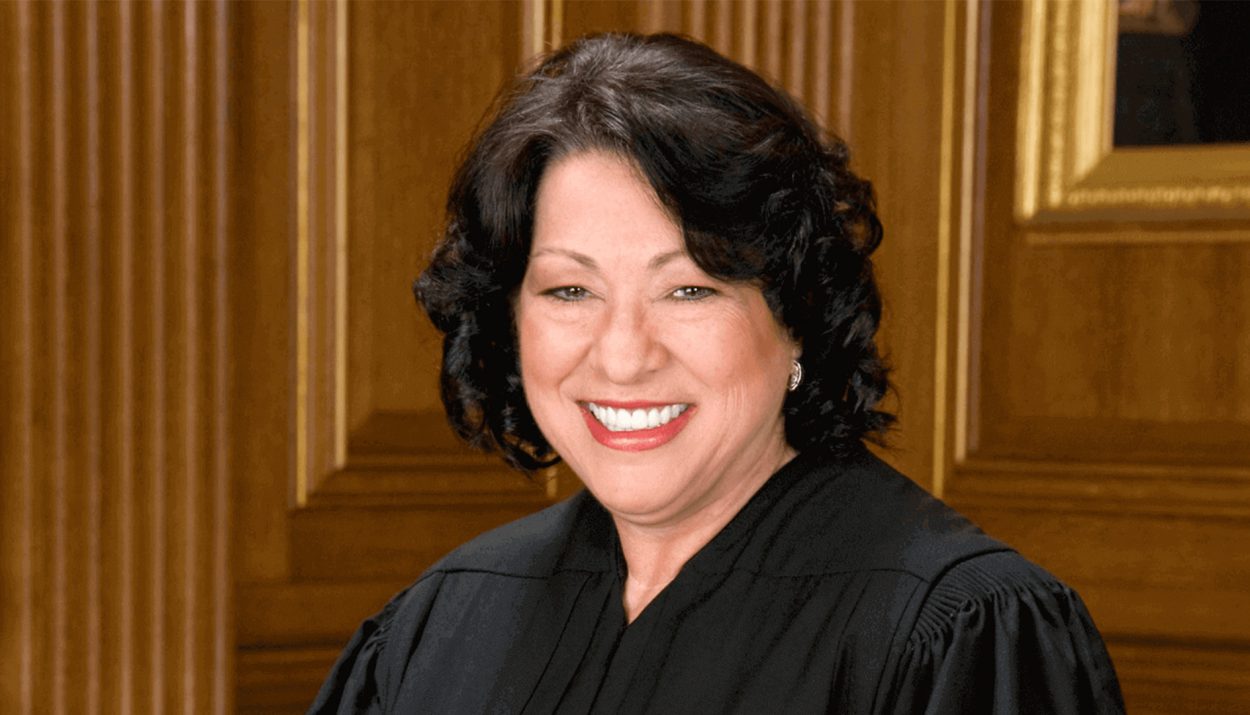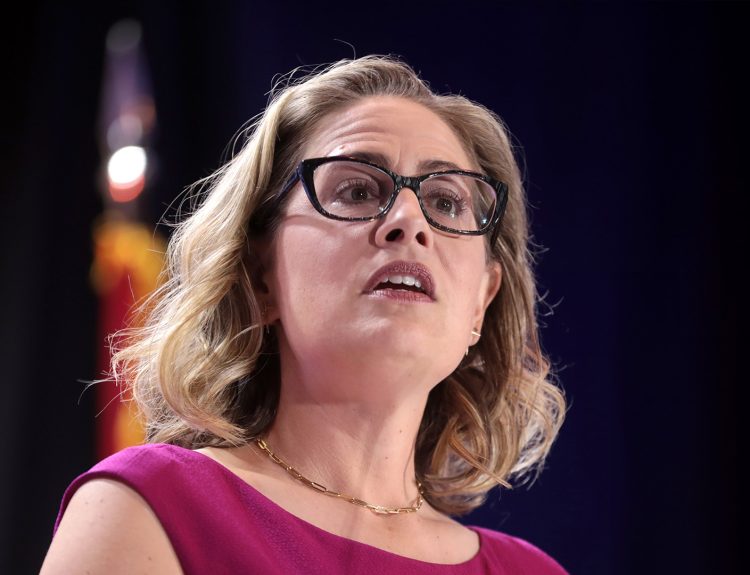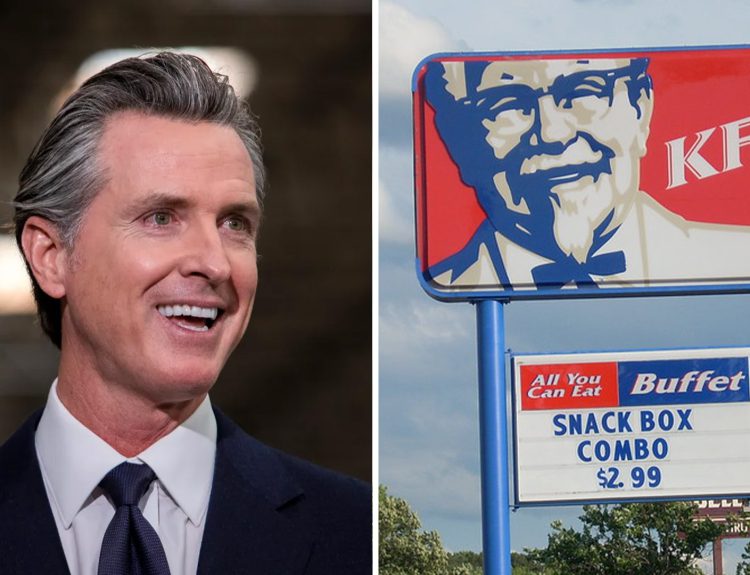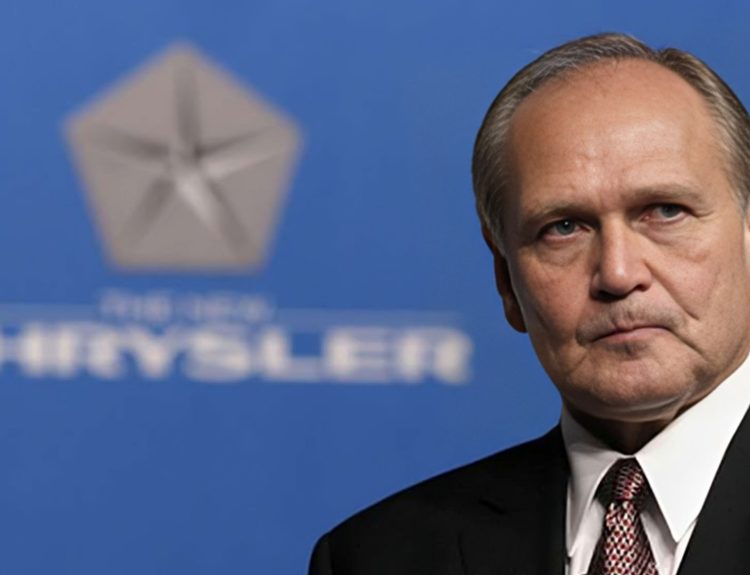In a recent Supreme Court hearing, Justice Sonia Sotomayor highlighted a fundamental contradiction in former President Donald Trump’s defense regarding immunity from prosecution for his actions during his tenure.
This development sheds light on a heated legal battle surrounding the extent of presidential immunity and its implications for accountability.
Justice Sotomayor Pinpoints Contradiction in Trump’s Defense During Supreme Court Hearing
During Thursday’s Supreme Court hearing regarding former President Donald Trump’s immunity from prosecution in a case alleging his involvement in plotting to overturn the 2020 presidential election results, Justice Sonia Sotomayor highlighted a pivotal contradiction in Trump’s defense.
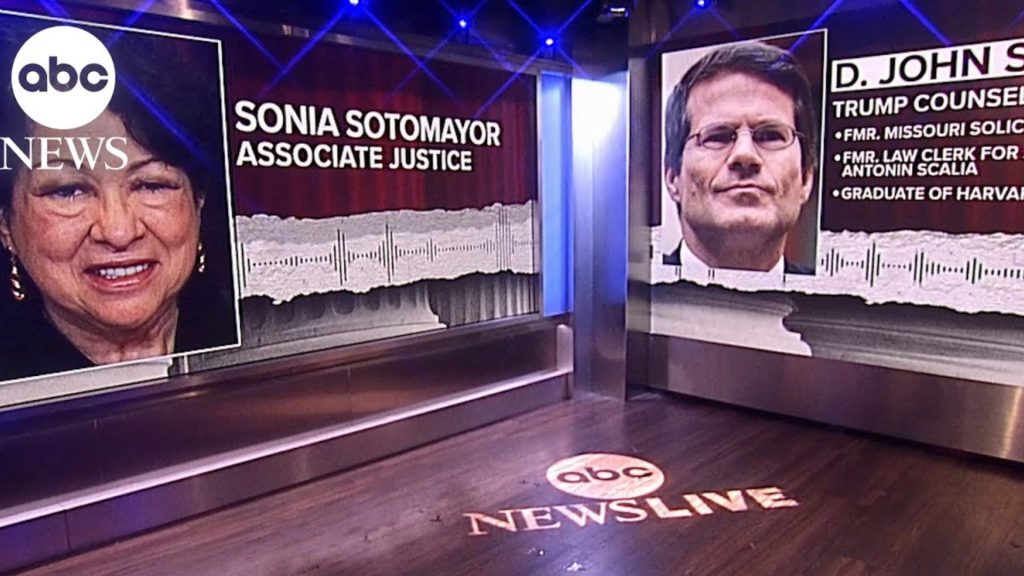
Justice Sonia Sotomayor pointed out a critical discrepancy in Donald Trump’s defense regarding immunity from prosecution for actions taken while in office.
Trump’s Defense Raises Concerns Over Presidential Accountability During Supreme Court Hearing
During the Supreme Court hearing, Trump’s legal team argued that presidents cannot be prosecuted for “official acts” conducted while in office unless they are impeached and convicted by Congress.
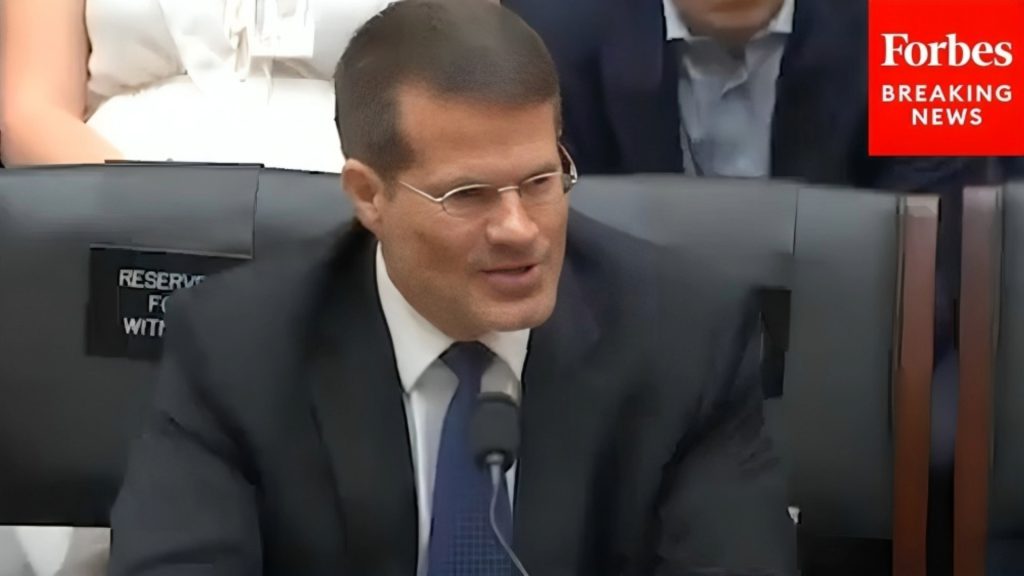
For instance, even in extreme scenarios such as ordering a military coup or selling nuclear secrets, Trump’s attorney, John Sauer, asserted that criminal liability would require Congressional action, a stance challenged by Supreme Court Justice Elena Kagan.
Trump’s Legal Team Stresses Need for Clarity in Statutes Regarding Presidential Liability
Trump’s legal team emphasized the requirement for a “clear statement” within statutes directly addressing presidential actions, asserting that the president’s liability would be nullified without such clarity.
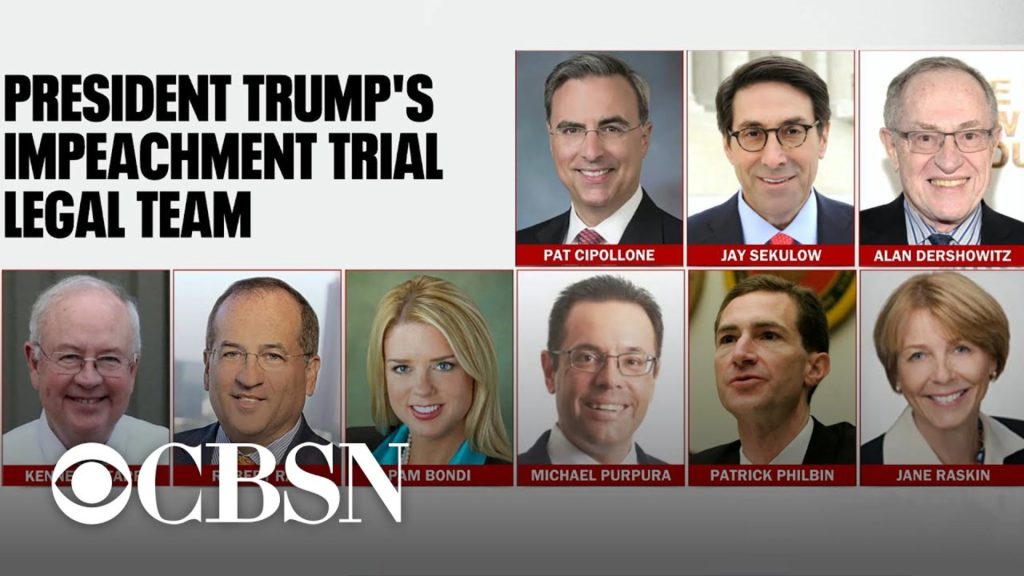
This position was expressed during the Supreme Court hearing, enriching discussions on presidential accountability.
Liberal Justices Challenge Trump’s Legal Argument in Supreme Court Hearing
In the Supreme Court hearing, liberal justices such as Sotomayor and Ketanji Brown Jackson forcefully opposed the argument, highlighting its creation of a Catch-22 scenario that would prevent presidential impeachment.
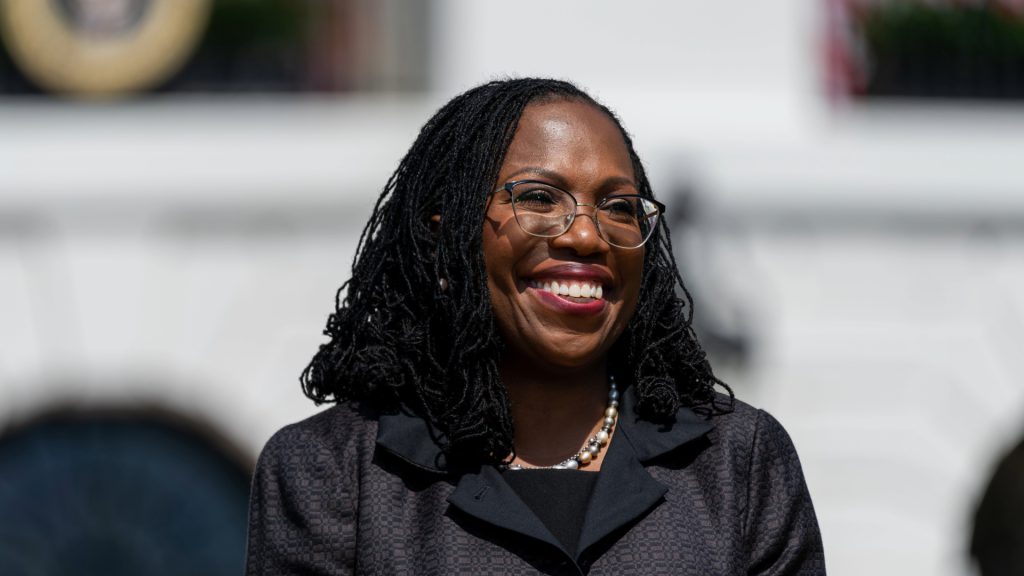
This challenge added intensity to the discussions on presidential accountability during the proceedings.
Justice Sotomayor Highlights Potential Impeachment Implications in Supreme Court Debate
Sotomayor pointed out“If we say a president can’t be included in a criminal law unless explicitly named, then that would bar the Senate from convicting him for high crimes or misdemeanors because that means that he’s not subject to the law at all.”
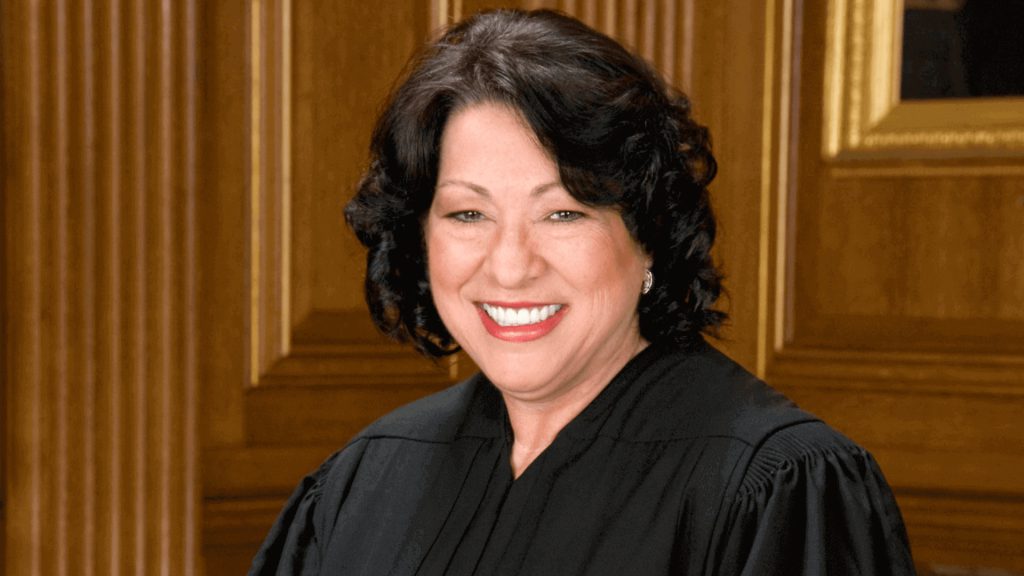
She emphasized that,“If he’s not covered by the criminal law, he can’t be impeached for violating it at all.”
Justice Jackson Criticizes Legal Argument as Tautological in Supreme Court Hearing
Jackson remarked, “The legal team’s argument seems completely tautological to me.”
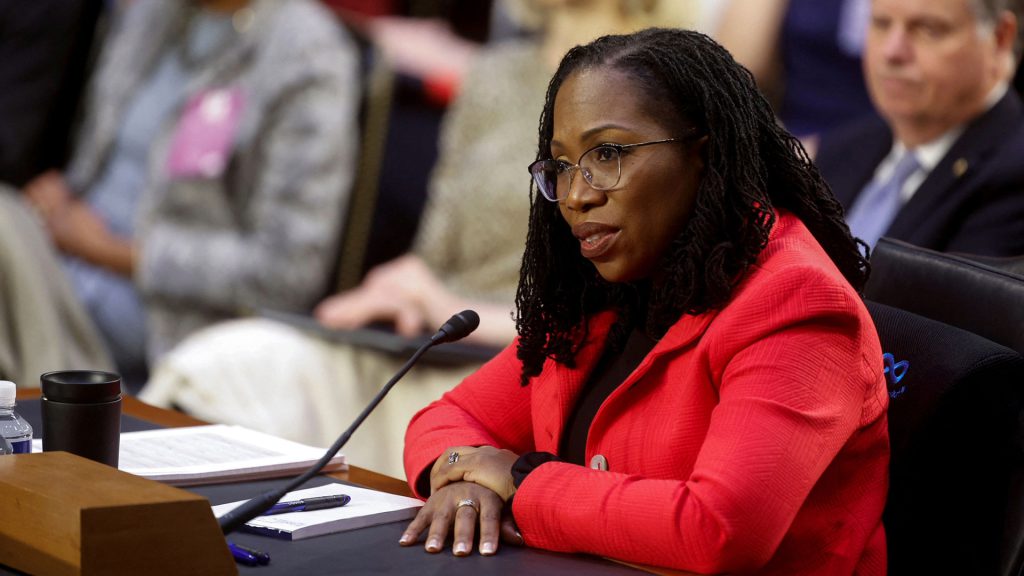
“She further stated, “For us to hold that presidents cannot be prosecuted under any criminal statute without a clear statement from Congress to avoid the question of whether or not the Constitution allows them to be prosecuted, we’d have to have a reason.”
Trump’s Legal Team’s Stance on Impeachment Grounds Sparks Debate
Impeachment, as Trump’s legal team argued during his January 2020 trial, was contended to necessitate charged crimes as grounds, despite not mandating criminal behavior.
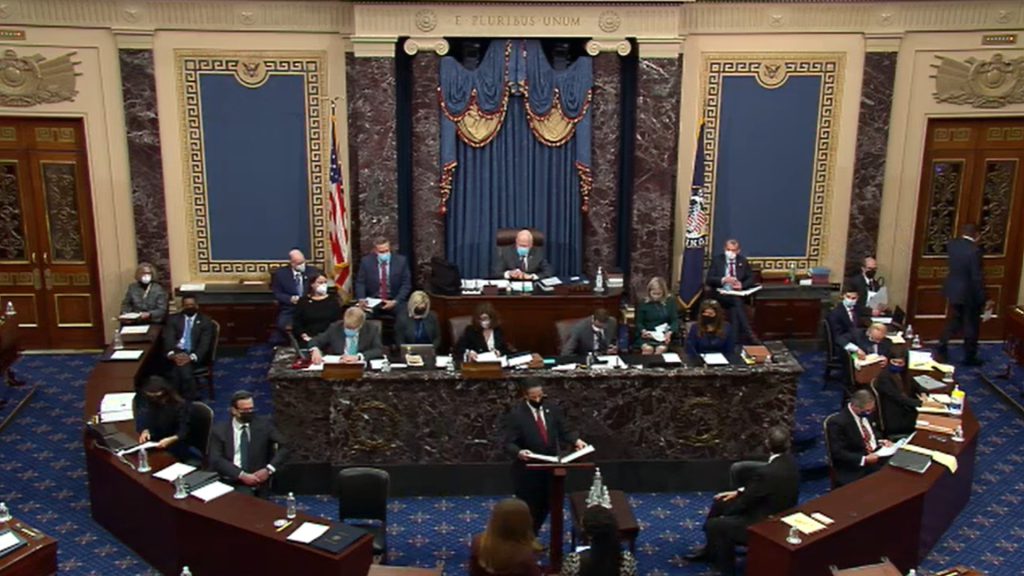
This stance prompted discussion over the breadth of impeachable offenses and their interpretation under constitutional principles.
Supreme Court Leans Towards Further Hearings on Trump’s Immunity Claim
Meanwhile, the 6-3 conservative majority on the high court appeared ready to avoid directly ruling on Trump’s assertions of absolute immunity by proposing to remand the case to a lower appeals court for additional hearings.
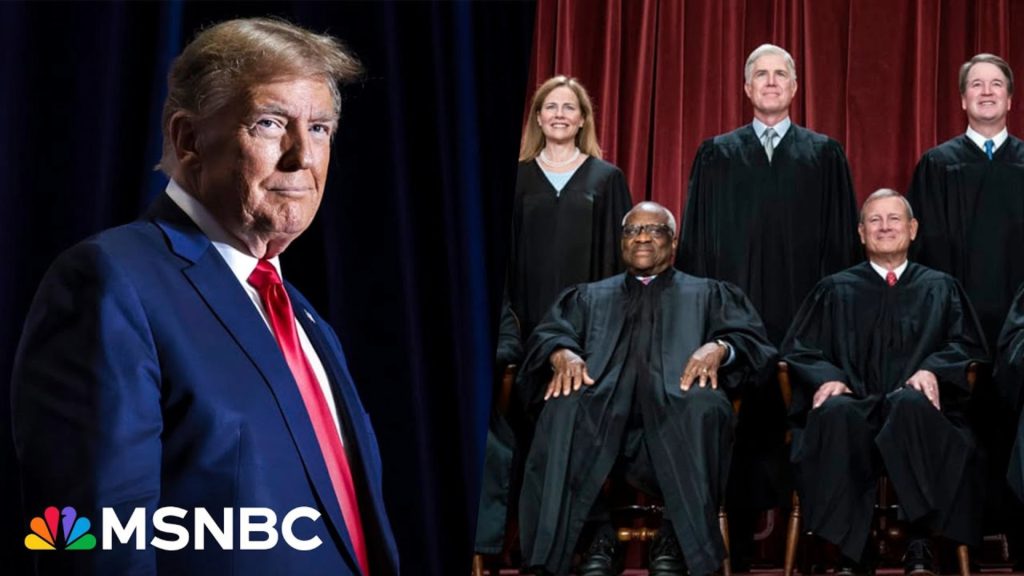
They indicated the necessity for more information to discern what constitutes an “official act” performed by a president, with Trump’s team arguing that his efforts to submit alternate elector slates qualified as such acts.
Justice Roberts Expresses Concern Over Lack of Focus in Appeals Court Consideration
Supreme Court Justice John Roberts voiced apprehension, stating, “What concerns me is the court of appeals did not get into focused consideration about what acts we’re talking about.”
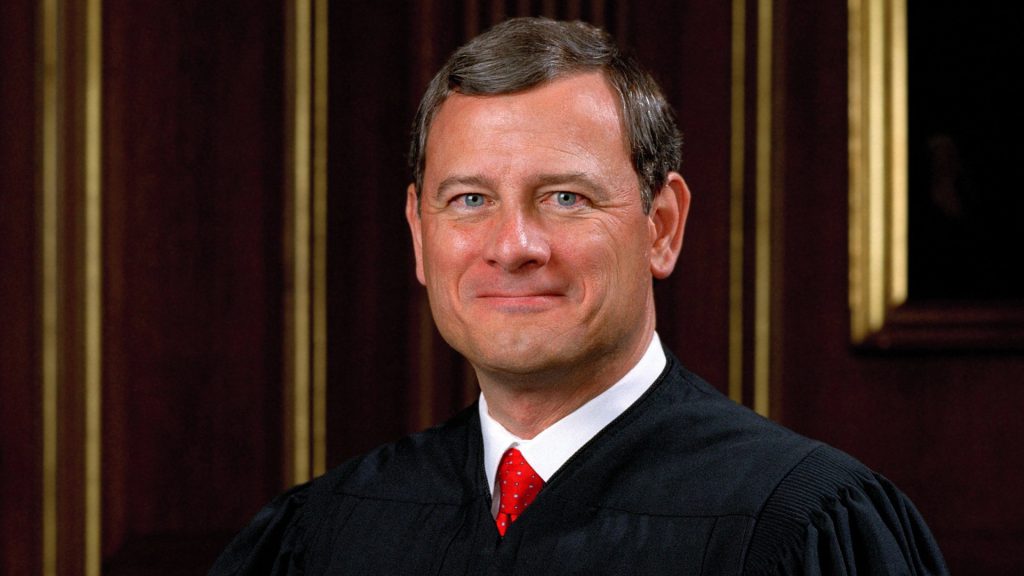
Additionally, a potential further delay in proceedings could postpone the Department of Justice’s case against Trump for his unprecedented election overturning efforts until after the November 2024 presidential election, or indefinitely.
Democrats Express Frustration Over Supreme Court’s Handling of Trump Trial
Senate Majority Leader Chuck Schumer expressed disappointment with the Supreme Court’s handling of the case, accusing it of protecting Trump and impeding the legal process.
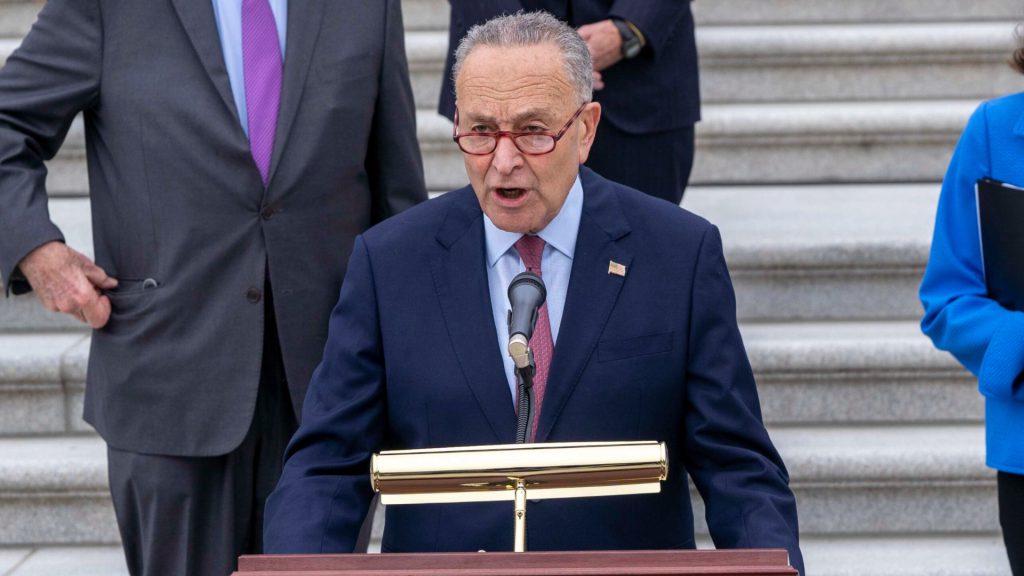
Senate Majority Leader Chuck Schumer (D-N.Y.) criticized the Supreme Court’s actions, arguing that“He’s obviously not immune.”Schumer also stated in his X, formerly Twitter post “SCOTUS is only protecting Trump and slowing his trial. SCOTUS should not have taken this case or frozen the district court. SCOTUS speeds up trials when it wants—but not in this case.”
Concerns Over Judicial Foot-Dragging
Democrats responded to Thursday’s hearing with disappointment, criticizing the Supreme Court for what they perceived as a lack of urgency.
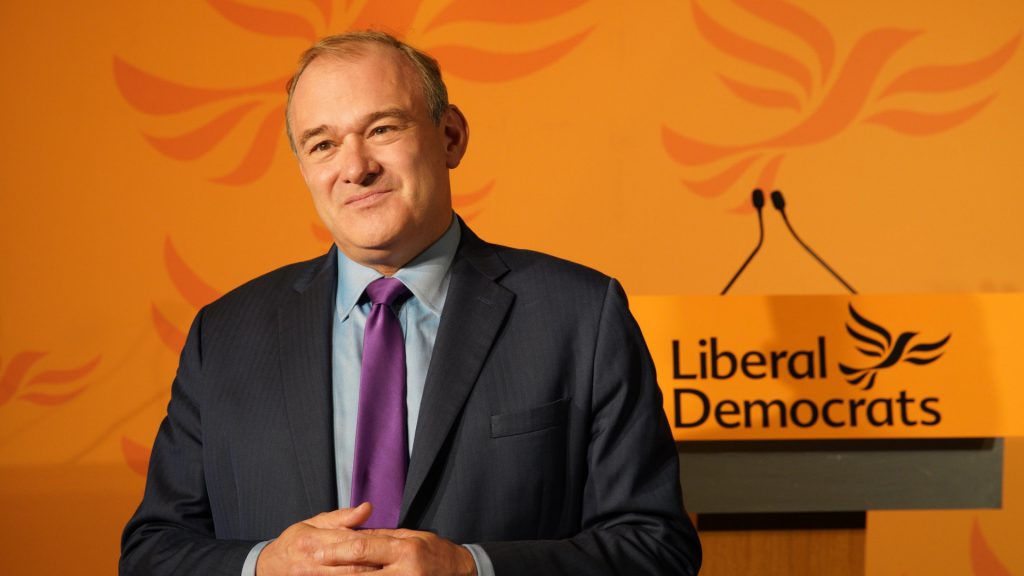
The decision to potentially delay the proceedings raises concerns over the judiciary’s role in ensuring timely justice and accountability for presidential actions.
Complexities of Presidential Immunity
The case highlights the tricky balance between presidential immunity and the Constitution, posing a tough challenge for legal experts.
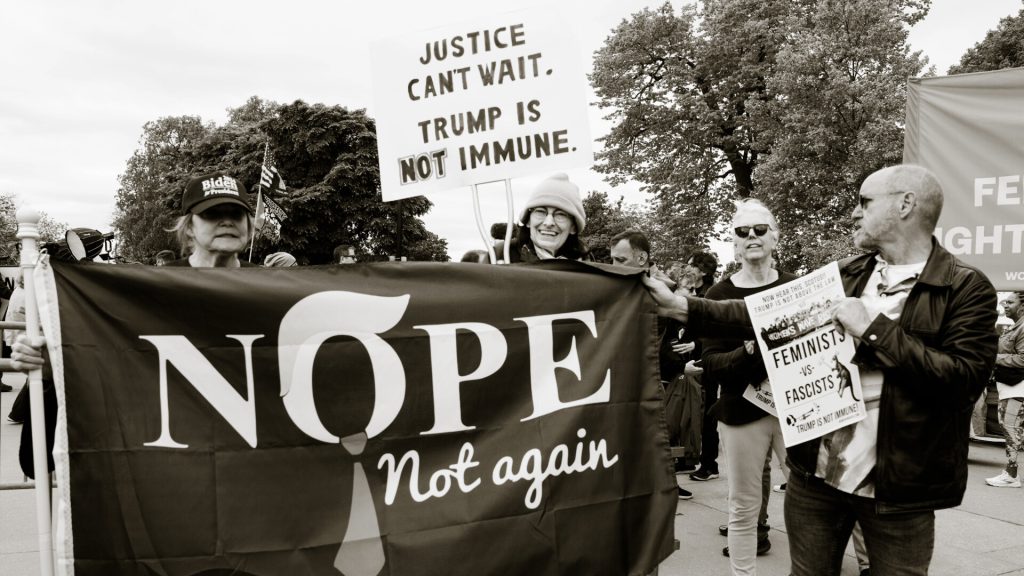
As the Supreme Court works to clarify the limits of executive immunity, experts carefully analyze past cases and history to find clarity.
Pressure Mounts for Swift Resolution in Supreme Court Case
The prolonged legal dispute and delays in reaching a resolution could undermine public confidence in the judiciary’s capacity to hold elected leaders accountable for their conduct.
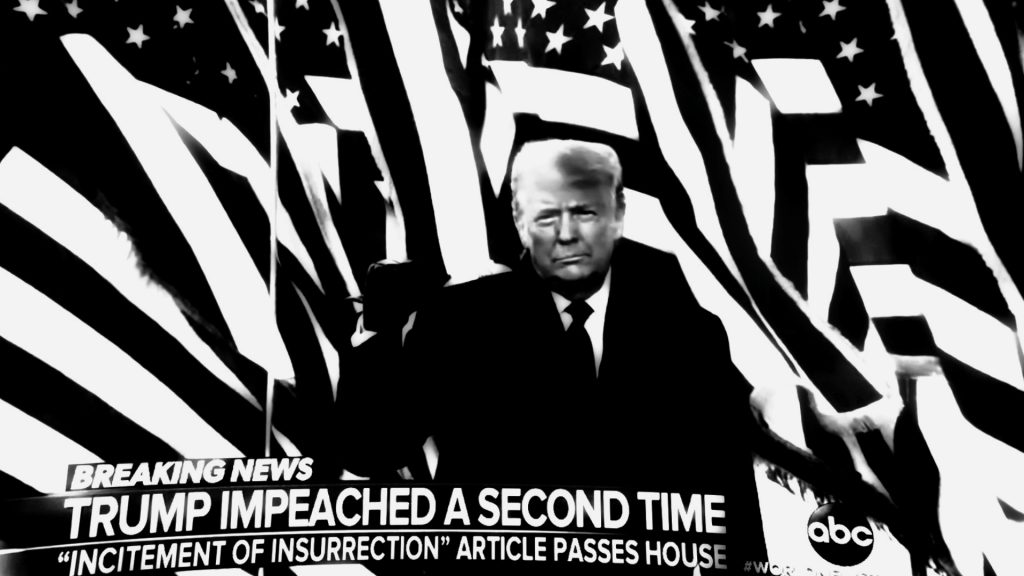
Critics are calling on the Supreme Court to accelerate the proceedings and offer clarity on the extent of presidential immunity, emphasizing the importance of upholding principles of justice and accountability.
Navigating the Catch-22 Dilemma and Its Impact on Presidential Accountability
As the legal battle over presidential immunity unfolds in the Supreme Court, the complexities of balancing accountability with executive privilege become increasingly evident. With the potential for further delays and a pivotal decision looming, the outcome of this case will not only determine the fate of former President Trump but will also have profound implications for the future of presidential power and democratic governance in the United States.
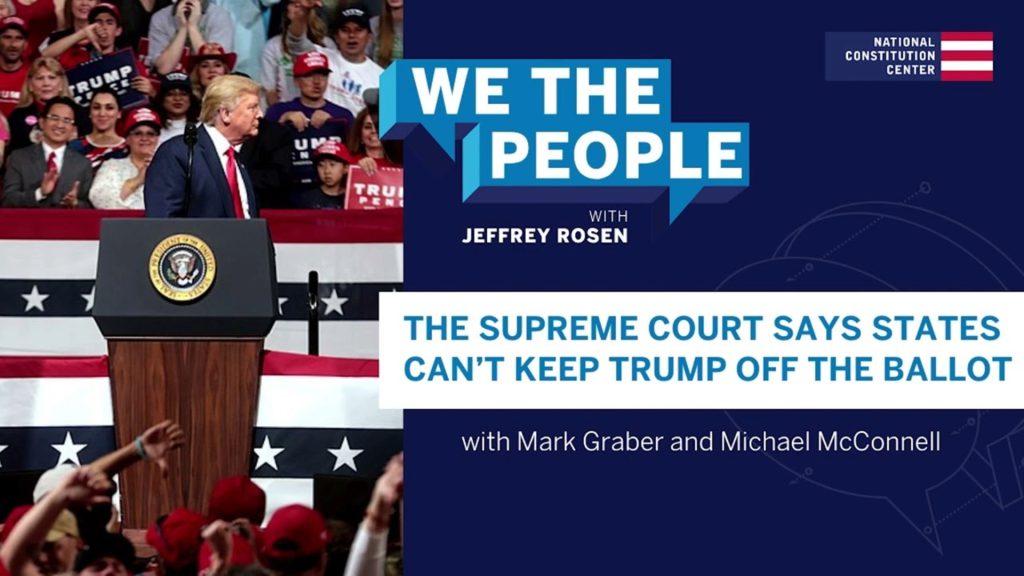
Justice Sotomayor and other liberal justices emphasized the Catch-22 dilemma, showcasing the challenge of balancing presidential immunity with accountability. The case’s outcome will set a precedent for future presidential accountability and the limits of executive power, influencing American governance for years to come.

